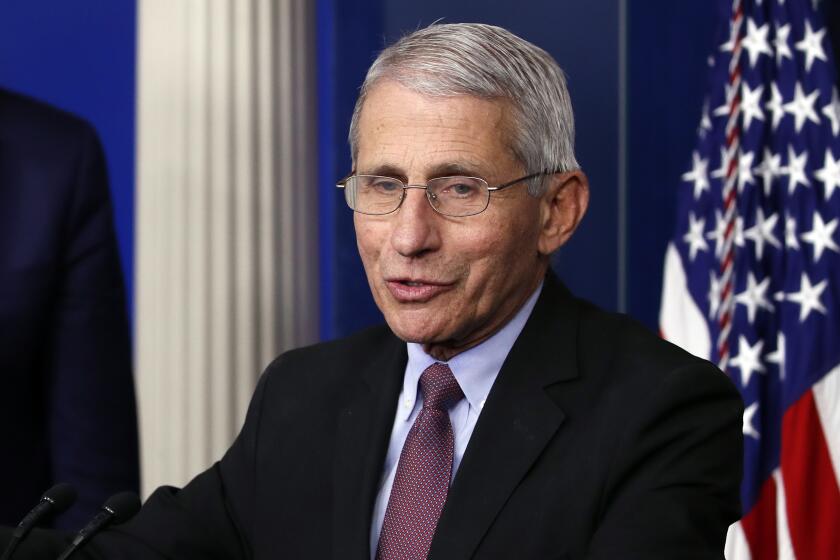MLB players officially reject owners’ offer of 60-game season

- Share via
On Friday, Major League Baseball team owners told players to accept a 60-game schedule or else.
On Monday, the players chose “or else.”
Players rejected the 60-game offer, essentially telling the league for the second time in nine days to “tell us when and where” to report for the 2020 season. In between, the owners rejected a 70-game proposal pitched by the players.
That would appear to leave the owners with three choices, in order from least likely to most likely:
• Cancel the season, an option opposed by MLB Commissioner Rob Manfred, but already favored by a small faction of the owners, who are his bosses. The sharp rise in coronavirus outbreaks across the West, Southwest and Florida could sway other owners in that direction, either now or after players report to a resumption of spring training. A league official told The Times on Friday: “COVID is becoming front and center. This may all be resolved for us.”
• Make one last pitch for the players’ union to negotiate a deal, with players granting the consent necessary for expanded playoffs and advertising patches on uniforms through 2021. Those concessions could be worth hundreds of millions of dollars to owners, and that revenue could be split with players. However, players made their decision Monday after discussions between league and union officials earlier in the day.
• Impose a season of whatever length the owners like. The owners would not get expanded playoffs and uniform patches. Players, for example, would make a collective $250 million less in a 50-game season than they would have in a 60-game season.
In a letter to the union June 15, two days after players demanded that MLB “tell us when and where” to start the season, deputy commissioner Dan Halem said that the league would do so if the union would “waive any claims that by doing so we have violated the March agreement.”
Instead, the union is likely to respond to the imposition of a short season by filing a grievance, arguing that the league did not “work in good faith to … complete the fullest 2020 championship season and postseason that is economically feasible,” as was written in a March 26 agreement.
The union believes owners intentionally have drawn out negotiations to be able to impose a season and say time would not permit a longer one. Although the two sides have talked for more than a month, owners waited until last week to make their first proposal that honored the prorated pay required under the March agreement, and the guaranteed salaries in all four proposals were in the range of $1 billion to $1.5 billion.
The season would proceed while the grievance played out, with the league believing the risk of losing would be small. The league could even impose the 60-game schedule it proposed and then argue, as it did in a letter to the union Sunday, that at this late date 60 games represents the “fullest” season possible.
However, the union could argue that the league itself proposed seasons of as long as 82 games. Manfred has said the union has threatened that damages could reach $1 billion.
Dr. Anthony Fauci believes MLB would be wise to end a potential 2020 season in September before the coronavirus risk rises with the cold in October.
Manfred said in a statement last week that he and union chief Tony Clark had reached “a jointly developed framework that we agreed could form the basis of an agreement” for a 60-game season and that he had provided Clark with “a written summary” of that framework. If Manfred can produce the documents and notes necessary to persuade an arbitrator that there was in fact an agreement on a 60-game season — something Clark has said is “unequivocally false” — the union might lose a grievance.
The scenario of an imposed season and a grievance process would add a very gray cloud to already stormy skies: a 2020-21 winter in which veterans without guaranteed contracts would find little or no work available as owners look to cut costs amid steep declines in revenue; a 2021 season in which ballpark capacities could be limited because of the coronavirus outbreak; and negotiations for a new collective bargaining agreement to replace the one that expires after the 2021 season, between two sides that now distrust one another more than at any point since the turn of the century.
That could lead to a lockout in 2022, which would mark the sport’s first work stoppage since 1995.
More to Read
Go beyond the scoreboard
Get the latest on L.A.'s teams in the daily Sports Report newsletter.
You may occasionally receive promotional content from the Los Angeles Times.












